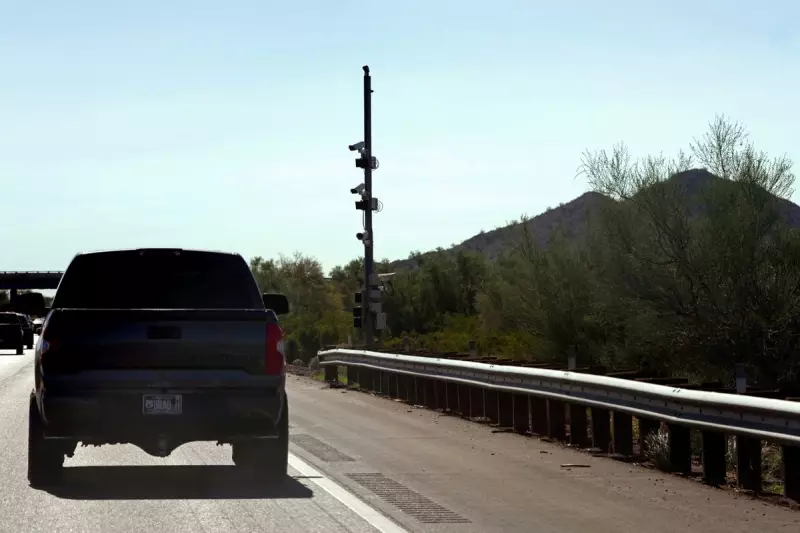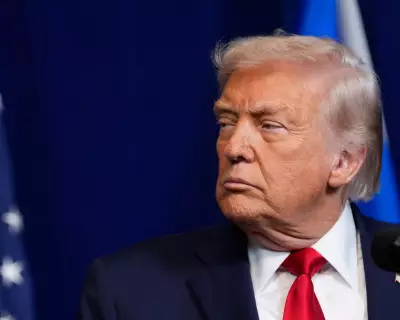
A clandestine surveillance network operated by the US Border Patrol is monitoring millions of drivers across the United States through a system of hidden cameras, an investigation has revealed.
How the Covert Surveillance System Operates
The programme, which scans vehicle licence plates on a massive scale, uses a sophisticated algorithm to identify and flag what it deems to be "suspicious" travel patterns. This information is then passed from federal agents to local law enforcement, who subsequently stop and aggressively question targeted drivers, often for minor traffic infringements.
While the scheme was initially designed to combat illegal border activities, it has undergone a significant expansion over the past decade. Its reach now extends deep into the country's interior, far beyond traditional border zones.
Expanding Network and Collaboration
The Border Patrol has forged collaborations with other federal bodies, including the Drug Enforcement Administration (DEA), and partners with private companies to bolster its capabilities. Crucially, the programme uses federal grants to financially incentivise and fund the participation of local police forces, thereby systematically expanding its surveillance network.
The hidden cameras employed are reportedly extremely difficult for the public to spot, facilitating the mass collection of data on ordinary citizens without their knowledge.
Constitutional Concerns and Public Reaction
The programme has drawn sharp criticism from civil liberties advocates, who argue that this level of mass surveillance raises serious constitutional concerns. The primary issues cited are the erosion of privacy rights and the freedom of movement.
Critics point to specific instances where innocent drivers have been subjected to stops and searches based on the algorithm's findings, with no contraband ever discovered. These cases highlight the potential for overreach and the harassment of individuals who have committed no crime.
The revelations, brought to light by journalists Byron Tau and Garance Burke on Thursday 20 November 2025, underscore a growing debate over the balance between national security and fundamental civil liberties in the modern age.





